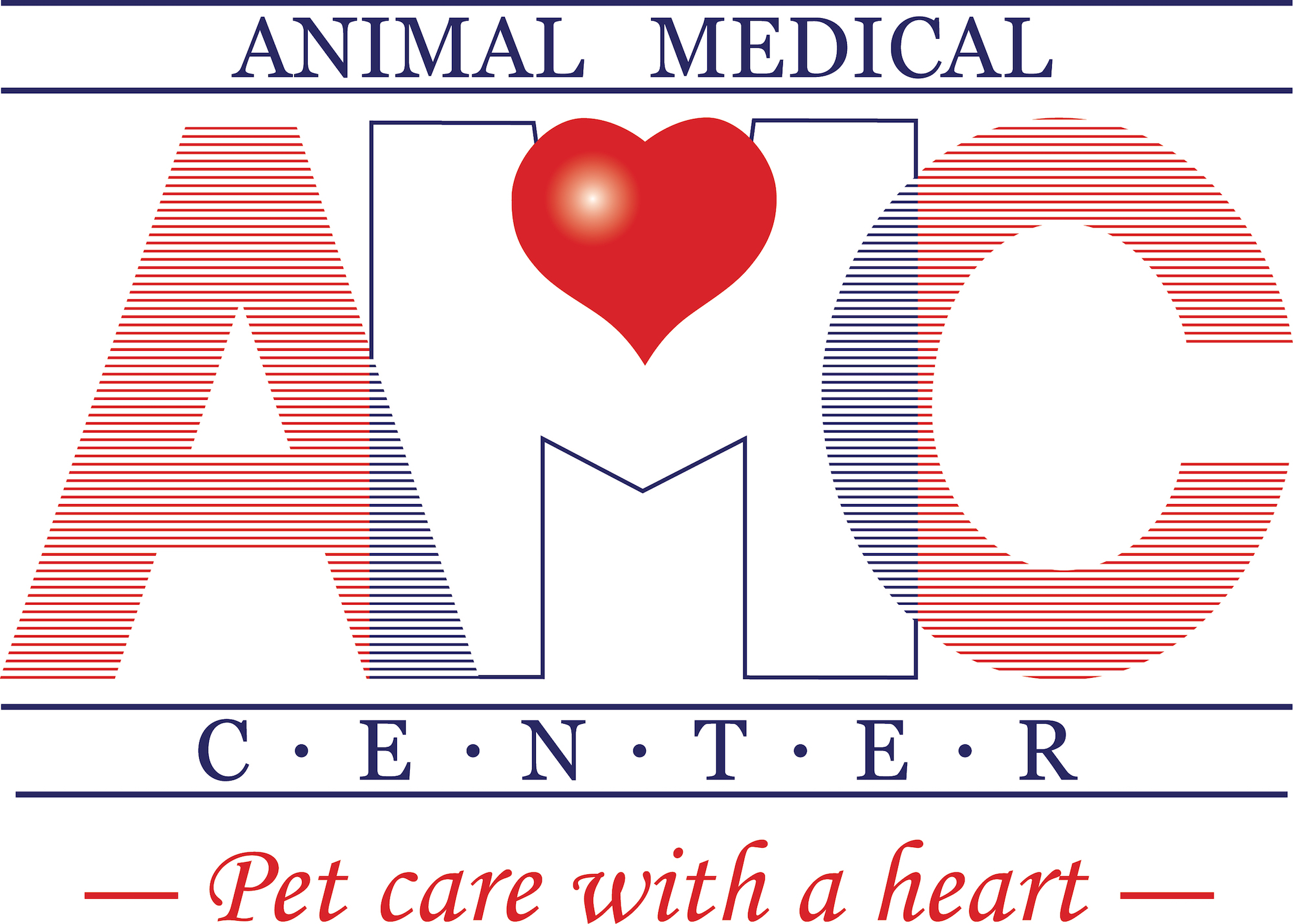Library
-
Pregnancy in dogs can be diagnosed several different ways including blood tests, radiographs and ultrasound. The benefits and limitations of each test are discussed. Ultrasound is the gold standard for pregnancy detection and assessing viability.
-
Preparing your cat to travel to the vet is one of the most important investments you can make during the lifespan of your cat. Cats should visit the veterinary hospital at least once yearly. The smoother the experience goes, the least amount of stress both you and your cat will experience.
-
Winter cold weather poses several risks for our pets. This article outlines some of the key risks and how to avoid them, to keep your pet safe year-round.
-
Good hygiene takes practice, but starting early will make keeping your pup clean easier for his entire life. You can start some of these jobs shortly after your puppy arrives home. Be sure to keep a calm voice and use food rewards as positive conditioning to make it a positive experience.
-
The pro-opiomelanocortin (POMC) gene, if mutated, can contribute to increased body fat and body weight and increased food motivation in affected dogs. At this time, this gene mutation has only been found in the Labrador Retriever and Flat-coated Retriever and affects the majority of those working as service dogs. This handout explains how the POMC gene mutation was discovered, how it impacts affected dogs, and how you can support your dog if affected.
-
Progressive retinal atrophy (PRA) is a group of degenerative diseases that affect photoreceptor cells in the eyes. With this disease, the cells deteriorate over time, eventually leading to blindness. There are two main forms of PRA recognized in cats, an early-onset, inherited form called retinal dysplasia, and a late-onset form. PRA is an inherited condition in Abyssinian and Persian cats. When a cat develops PRA, it should be removed from the breeding program, along with its parents and siblings. As PRA progresses, your cat's vision gradually worsens until she becomes completely blind. There is currently no effective treatment for PRA.
-
Progressive retinal atrophy (PRA), is a group of degenerative diseases that affect photoreceptor cells in the eyes. With this disease, the cells deteriorate over time, eventually leading to blindness. There are two main forms of PRA recognized in dogs: an early-onset, inherited form called retinal dysplasia, and a late-onset form. PRA is an inherited disease that occurs in many breeds of dogs. When a dog develops PRA, it should be removed from the breeding program, along with its parents and siblings. As PRA progresses, your dog's vision gradually worsens until he becomes completely blind. There is currently no effective treatment for PRA.
-
Tumors of the prostate are relatively uncommon in dogs and extremely rare in cats. Clinical signs include bloody urine, or straining to urinate or defecate. Metastasis to the pelvic bone and/or lumbar spine is likely. Diagnosis and treatment options are discussed. Prognosis is considered poor.
-
Prostatic disease in cats is uncommon and, as a result, relatively little is known about these conditions. Enlargement of the prostate is a common sign with most prostatic diseases and may be noted by your veterinarian on a rectal exam. Other diagnostic tests may be required to determine the cause of your cat's condition.
-
Prostatic disease can be uncomfortable for a dog, particularly if it causes compression of the urethra or colon. Because there are many diseases of the prostate, it is necessary to perform several tests to determine the exact cause of a patient's condition. This handout provides explanations of the seven most common conditions affecting the prostate and the corresponding approaches to treatment.

